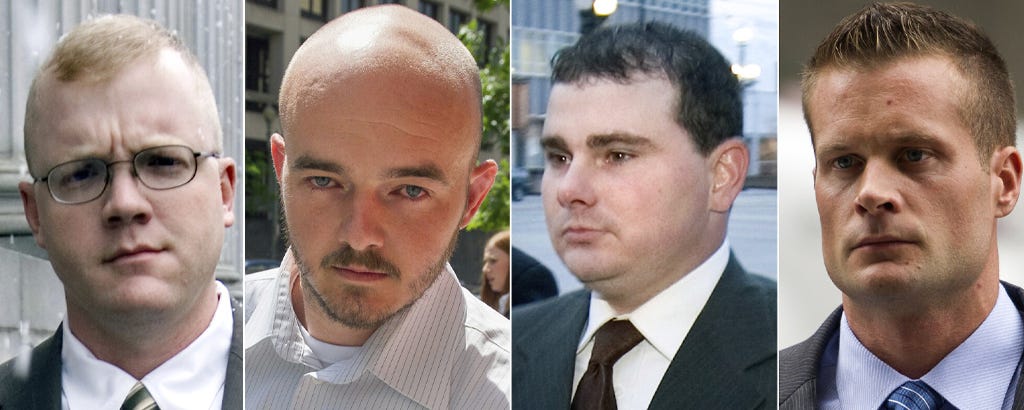In a show jam-packed with great information and provocative discussion, Ralph welcomes constitutional scholar, Bruce Fein, to update us on impeachment, professor and author, Sinan Antoon, to decry the pardons given to American mercenaries convicted of murder in Iraq, and attorney John Dacey, who is campaigning to abolish the private prison industry.
Bruce Fein is a Constitutional scholar, who previously appeared on this program in 2019 to outline thirteen articles of impeachment for President Trump, and October 2020 to outline fourteen reasons President Trump was a “clear and present danger” and should be removed from office. Mr. Fein was Associate Deputy Attorney General under Ronald Reagan and he is the author of Constitutional Peril: The Life and Death Struggle for Our Constitution and Democracy, and American Empire: Before the Fall.
“You need to engage the American public… there is no reason to rush to judgement. After all, we’re
working with a congress that typically works from Tuesday to Thursday. How about, because of the important of the issues… how about thinking about the future and saying, ‘we can take a little extra time… that’s okay we can work on Saturday and Sunday.’ There’s nothing in the Constitution that prevents Congress from working on Saturdays and Sundays.”
Bruce Fein
Professor Sinan Antoon is an associate professor at NYU’s Gallatin School, a translator, a novelist, and a poet. He has written extensively about the ways in which war crimes perpetrated by the US in Iraq have shaped contemporary Iraqi culture and politics, and co-produced the documentary film About Baghdad. His most recent novel is The Book of Collateral Damage.
“But of course, the [Iraq] War was about something else. Not democracy. Not liberating people. Because the United States has never been in the business of liberating people and delivering democracy.”
Professor Sinan Antoon
John Dacey is Executive Director and co-founder of “Abolish Private Prisons,” a public-interest law firm working to end for-profit prisons in the United States. Mr. Dacey previously worked for 12 years at legal aid and public interest firms where he handled class actions and other cases for the poor and people with disabilities in matters concerning poverty and disability programs, particularly Medicaid, and jail conditions. For the last five years, he has been building a litigation challenge to the constitutionality of private for-profit prisons.
“[E]ven what President Biden did last week with his executive order re-establishing the [phasing out of private prisons at the federal level], it’s an executive order. It can be reversed at the next election. So, we think we need something more on the model of Brown v Board of Education. A constitutional decision at all levels of government that establishes the law of the land.”
John Dacey, Executive Director of Abolish Private Prisons
“To be clear, we’re not saying public prisons are the best thing since sliced bread. They have their own host of problems. But we don’t think the United States Constitution permits the existence of this [private for-profit prison] industry.”
John Dacey, Executive Director of Abolish Private Prisons
“Even though [the January 6th attack on the Capitol] had a historically unprecedented goal of trying to stop the final counting of the electoral votes at the US Congress, the mechanism [that] was used was street violence. Trump has gotten away with corporate crime, he has gotten away with government crimes, but this one– maybe the Justice Department will finally bring him to justice.”
Ralph Nader















